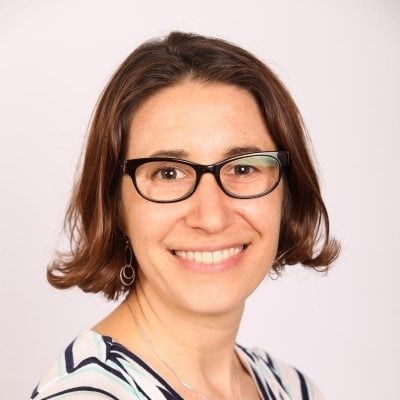Food Security in India [NY Times] Terrific letter to the editor by AJWS’s Board Chair, Barbara Dobkin!
The land rush doesn’t have to end in a poor deal for Africans [Guardian] Sadly, for anyone who happens to live on that farmland there are countless examples of governments handing it over at bargain prices to foreign investors, ranging from hedge funds to biofuel producers.
Using Cows to Pull Bangladeshi Farmers out of Poverty [GOOD] CARE knew Bangladesh’s dairy industry was a prime area where the country’s poor could find gainful income, if only they had access to it. So the staff began working in the country’s rural north to recruit people living below the poverty line (those subsisting on $2 or less per day) into dairy farming. But just pointing them in the right direction wasn’t enough. Dairy farmers didn’t always have access to proper veterinary medicine, the ideal feed for their cows, or a stable market in which to sell their milk. Often, they got wildly different prices for their product, and on occasion, they were outright cheated. To empower rural Bangladeshis through dairy farming, CARE needed to reform the entire dairy process—from cow to market.
When Will We Get Freedom From Hunger? [Food Fight] Why has India failed so spectacularly in reducing hunger? To bring some perspective to our under-achievement, China — which became independent around the same time and had probably a bigger problem of hunger to deal with — has managed to pull 500 million of its citizens out of endemic hunger since 1950. Its hungry population at present is estimated at 100 million, half that of India.
The Promise of Water [ADRA International] We want to send our children to school, but we can’t because they are out searching for water each day,” says Mrs. Kagane, a resident living in Nigeria’s Kano State. “Not one child in our village is able to write their name. Our children are unschooled.”
In Niger, Local Plumpy’nut Production Soars with Demand [IRIN] Thousands of severely malnourished children in Niger are treated with locally produced Plumpy’nut: 40 percent of the therapeutic food used by the UN Children’s Fund (UNICEF) comes from the capital, Niamey, rather than France.
After Slow Start, Aid Finally Flowing to Pakistan [Associated Press]
Crops destroyed, millions homeless, children hungry. The scenes from flood-hit Pakistan are wrenching — but the global response has been criticized as sluggish. The United Nations says it has yet to raise half its $460 million target. The World Health Organization has received commitments for just 25 percent of the $56 million it has asked for. One aid group has called donations from European countries “feeble.” Relief agencies say they are puzzled by the lack of generosity, while analysts cite a mix of factors: the disaster’s low death toll, its timing during the northern hemisphere’s summer holidays — and fears that aid money will be squandered through corruption or make its way into the hands of the Taliban.
Food Crises Push Governments to Empower Women Farmers [Change.org]
Call it a silver-lining: Skyrocketing food costs and hunger crises have forced policymakers and aid groups to take a hint. To end hunger and build truly sustainable food systems, they’re embracing the global community most responsible for food: women.
AJWS’s work in countries and communities changes over time, responding to the evolving needs of partner organizations and the people they serve. To learn where AJWS is supporting activists and social justice movements today, please see Where We Work.

